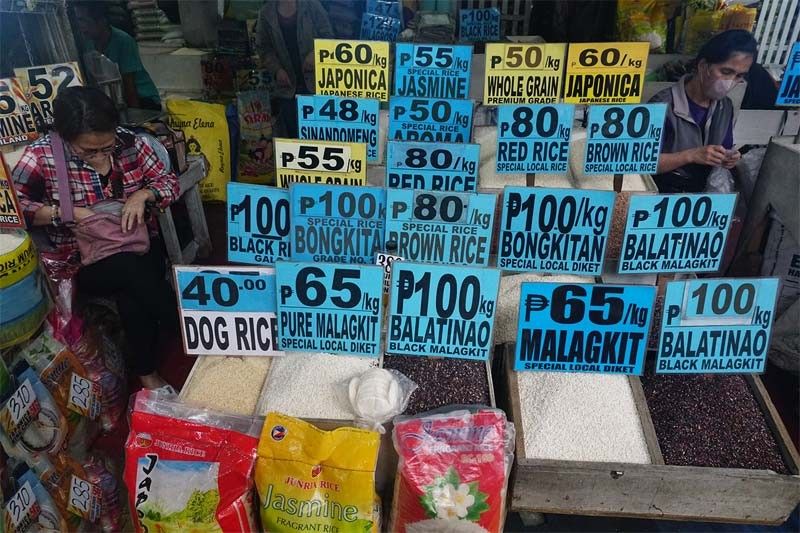
Manila, Philippines — The price cap on rice in the Philippines will take effect on Tuesday, September 5, according to the Office of the Executive Secretary (OES).
Executive Order 39, signed by Executive Secretary Lucas Bersamin on August 31, sets a price limit of P41 per kilogram for regular milled rice and P45 per kilogram for well-milled riceRice is essential for a population of 110 million in the Philippines. However, the country cannot produce sufficient rice for its needs, consistently ranking among the world’s leading rice importers.
President Ferdinand Marcos Jr. has given his approval to the joint recommendation of the Department of Agriculture (DA), which he also leads, and the Department of Trade and Industry (DTI) to impose price limits on the essential commodity.
The Presidential Communications Office said the DA and DTI jointly advised the chief executive to implement price limits due to the recent steep rise in rice prices, causing financial difficulties for Filipinos, especially those in vulnerable and marginalized communities.
Despite a consistent supply, the government attributed the significant rise in rice prices to rampant “illegal price manipulation,” including hoarding by opportunistic traders and collusion among industry cartels, particularly during the lean season.
It also cited the Russia-Ukraine conflict, ban on rice exports by major producer India, and volatile global oil prices as contributing factors to the alarming increase in retail prices for the basic commodity.
As of Friday, retail prices of local well-milled rice ranged between P47-P57 per kilo, and P42-P55 per kilo for local regular milled, based on the monitoring of the DA.
The executive order stated that there is enough rice supply in the country due to recent imports and expected surplus from local production.
Undersecretary Leonardo Cervantes of the OES said that the provisions of EO 39 would take effect upon its publication in national newspapers.
“The mandated price ceilings shall remain in full force and effect unless lifted by the president upon the recommendation of the Price Coordinating Council or the DA and the DTI,” the executive order read.
Industry experts said that the price cap could negatively impact farmers by reducing farmgate prices and might limit the availability of the staple food item. — with a report from Agence France-Presse

Leave A Comment